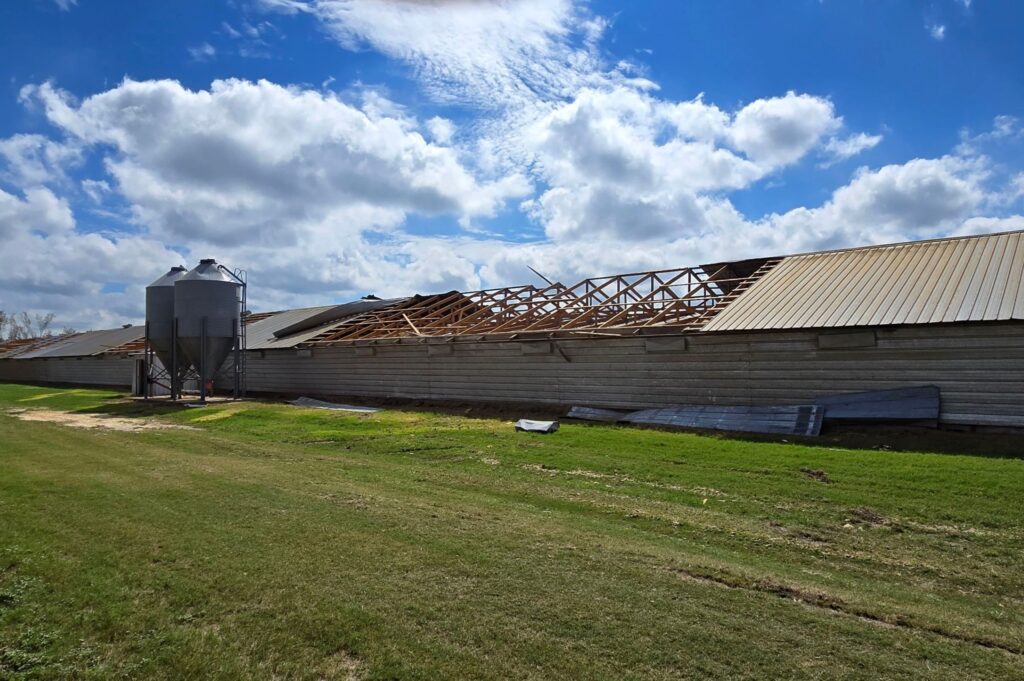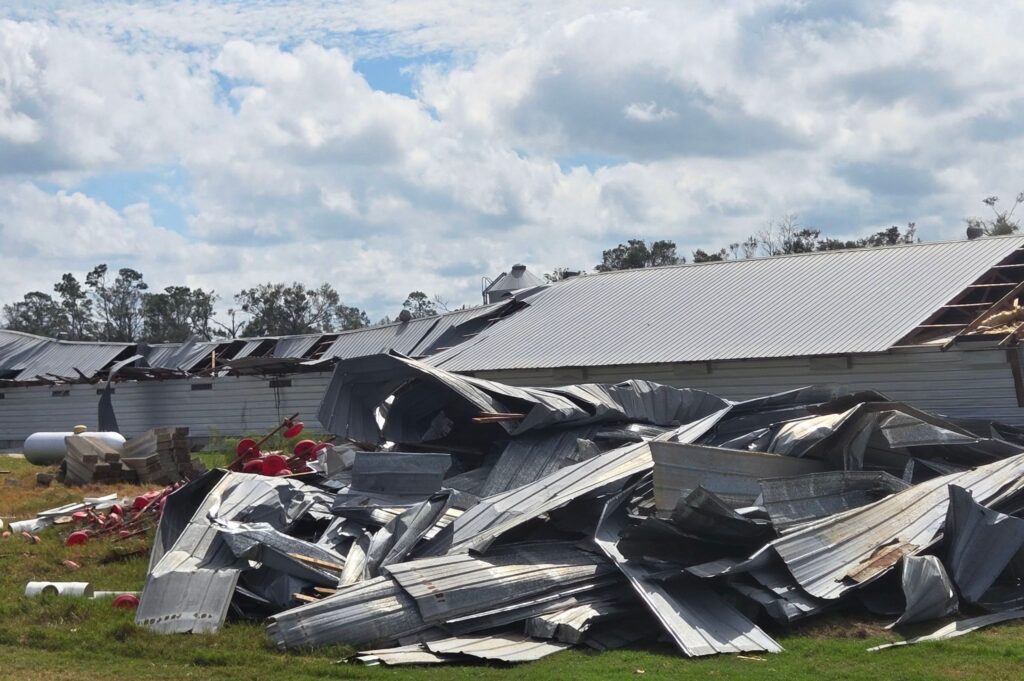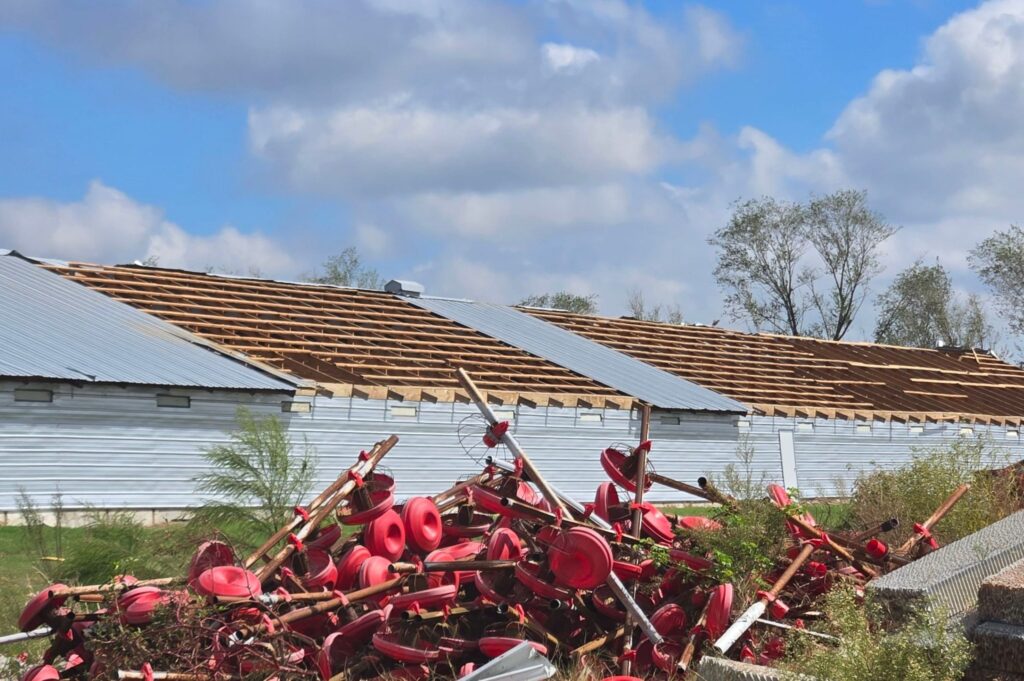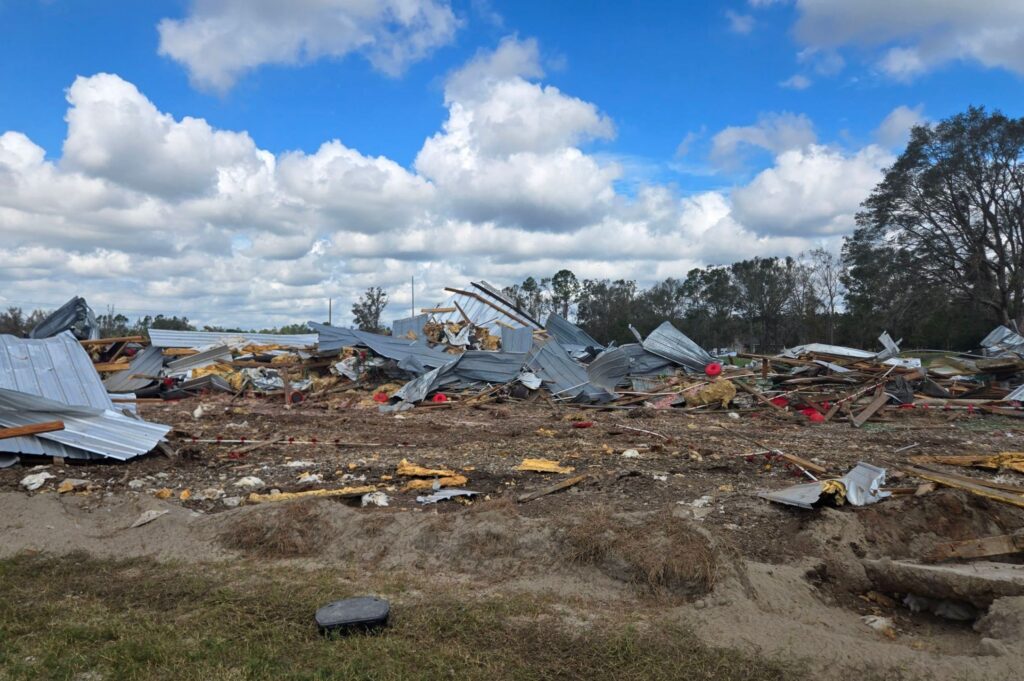When Wind Exclusions Leave Hurricane Victims Vulnerable—Stark Reality
The aftermath of Hurricane Helene has left many property owners picking up the pieces—literally and figuratively. While most policyholders assume their insurance will come through in times of crisis, many are blindsided by one significant policy clause—the wind exclusion. This clause often leaves hurricane-affected property owners unprotected, even when wind damage is the primary cause of destruction during storms like Hurricane Helene and the impending Hurricane Milton.
A wind exclusion in a property owner’s insurance policy means that damage caused by windstorms, which often accompany hurricanes, is not covered. Shockingly, many property owners in hurricane-prone regions only learn about this exclusion after disaster strikes. Insurance carriers stopped covering floods when they realized it was hurting their profitability, and now, with the rise of wind exclusions, we may be seeing a similar trend. As insurers continue to minimize their financial risk, property owners are left with greater exposure.
Trusting Your Carrier
For many property owners, their insurance policy is a lifeline. A promise that when disaster strikes, they’ll have the financial backing needed to make any repairs. Year after year, policyholders dutifully pay their monthly premiums, believing they secure a safety net against unforeseen circumstances. However, the stark reality is many insurance carriers continue to allow these faithful customers to pay for coverage they know may not protect them when they need it most. In recent years, insurance carriers have started adding wind damage exclusions to their policies—most policyholders aren’t catching this added language. Leading policyholders to believe they are safeguarded against the very risks that could devastate their lives. This betrayal of trust raises critical questions about the ethics of the insurance industry and emphasizes the urgent need for transparency in policy agreements.
Having an insurance policy creates a false sense of security, when in reality they include exclusions, ie wind damage, that eliminate the safety features of your policy. Insurance policies create a false sense of security by including exclusions such as wind damage.
Hurricane Categories
Hurricane Helene, which impacted 6 states, was classified as a Category 3 Hurricane when it reached land. It had sustained winds ranging from 111 to 129 mph, capable of causing extensive damage. Homes were destroyed, trees were uprooted, leading to power outages and hazardous conditions many didn’t see coming.
Days later, Hurricane Milton is making its way to Florida as a Category 5 Hurricane. Experts are predicting Milton will subside to a Category 3 by the time it reaches land, potentially doubling in size. Even so, the hurricane is expected to have sustained winds that exceed speeds of 150 mph. Such strong winds can result in catastrophic damage, including roof loss, structural failures, and significant flooding from storm surges, making preparedness essential for residents in affected areas.
The status of Hurricane Milton and its impact continues to change, so it’s important to focus on how the storm may impact you. For key tips to keep yourself safe, read our blog: Hurricane Milton Hits Category 5 Status: Prepare Yourself.
To make matters worse—many policyholders don’t have the coverage they need to protect their property against storms of this magnitude.
Exclusions in High-Risk Areas: A Question of Fairness?
In regions prone to hurricanes, one would expect insurance policies to be tailored to the risks property owners face. Yet, many insurance carriers include these wind exclusions precisely because of the high likelihood of such damage. While carriers may argue this helps keep premiums lower, it exposes policyholders to the very events they need protection from the most.
According to industry statistics, approximately 40% of property owners in hurricane-prone areas have policies with wind exclusions. This staggering statistic reveals the precarious position far too many are put in. It’s particularly disheartening to see that in areas where windstorms are an inevitable risk, many insurance carriers push for exclusions knowing policyholders will be left vulnerable.
Why Policyholders Are Often Unaware of Wind Exclusions
One of the biggest frustrations we face as public adjusters is encountering property owners that are unaware their policies exclude wind damage. Policyholders often assume their primary policy will cover all hurricane-related damage. After all, hurricanes are classified as “windstorms,” right?
Unfortunately, this assumption is costly. Many property owners only discover the fine print when it’s too late—when the roof has blown off, windows have shattered, and their insurer denies the claim due to the wind exclusion. “A wind exclusion can significantly undermine any potential claims under the primary policy. At Premier Claims, we are committed to supporting our policyholders and aim to help them fully understand the implications of their coverage. A wind exclusion in a hurricane claim makes it nearly impossible to do more,” Wesley Levison, Licensed Public Adjuster.
Flood Damage—The Other Silent Threat
While wind exclusions are a major issue, most policies also exclude flood damage. As a result, policyholders without separate flood insurance are left with very few options after a hurricane. Given that flood insurance is often costly and complicated to obtain, this omission only compounds the problem. Without wind or flood coverage, policyholders are left to fend for themselves entirely without any meaningful protection against hurricane damage.
According to the National Flood Insurance Program (NFIP), only 15% of Americans have flood insurance. Combine this with wind exclusions, and the likelihood of having a successful claim after a hurricane plummets.
Insurance Carriers Need to Do Better
It’s difficult not to feel a sense of frustration at the way insurance carriers are taking advantage of people who have loyally stood by their side. Yes, business is business, and risk is part of the game. However, excluding the two most likely causes of damage—wind and flood—from policies in hurricane-prone areas is nothing short of leaving policyholders out in the storm. In the coming years, we could see even further restrictions on wind coverage, leaving property owners increasingly vulnerable to the devastating impact of storms.
People deserve transparency, and the fine print shouldn’t be a nasty surprise waiting for them when they need coverage the most. We urge all policyholders to review their policies and understand their exclusions. Our team of legal professionals can take a deeper look at your policy and identify what coverage you have exactly. If we find gaps in your policy, we’ll help you pinpoint areas you could consider adding coverage to prepare for future storms. To have your insurance policy reviewed by our team, fill out the following form: General Policy Review.






